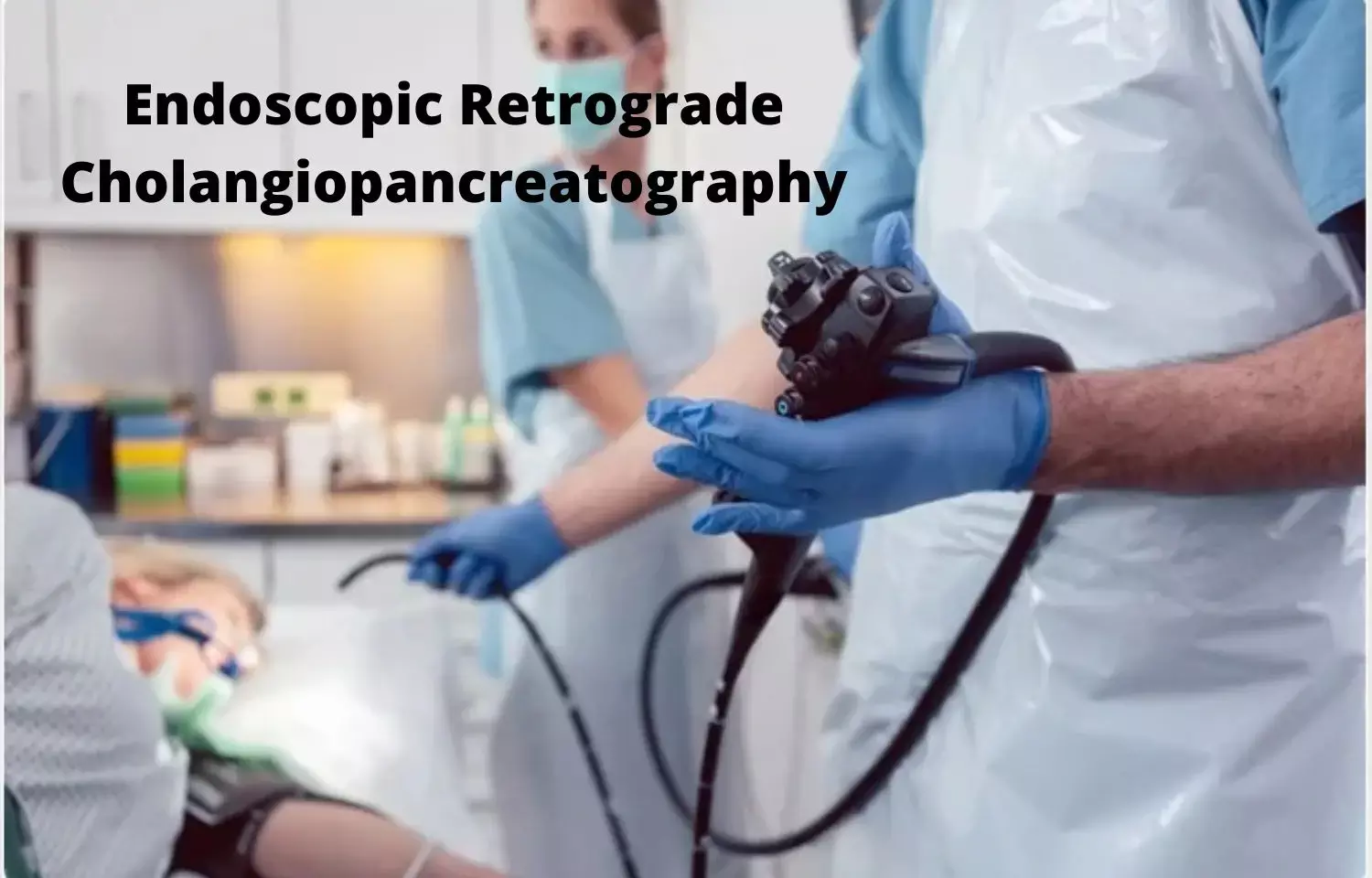- Home
- Medical news & Guidelines
- Anesthesiology
- Cardiology and CTVS
- Critical Care
- Dentistry
- Dermatology
- Diabetes and Endocrinology
- ENT
- Gastroenterology
- Medicine
- Nephrology
- Neurology
- Obstretics-Gynaecology
- Oncology
- Ophthalmology
- Orthopaedics
- Pediatrics-Neonatology
- Psychiatry
- Pulmonology
- Radiology
- Surgery
- Urology
- Laboratory Medicine
- Diet
- Nursing
- Paramedical
- Physiotherapy
- Health news
- Fact Check
- Bone Health Fact Check
- Brain Health Fact Check
- Cancer Related Fact Check
- Child Care Fact Check
- Dental and oral health fact check
- Diabetes and metabolic health fact check
- Diet and Nutrition Fact Check
- Eye and ENT Care Fact Check
- Fitness fact check
- Gut health fact check
- Heart health fact check
- Kidney health fact check
- Medical education fact check
- Men's health fact check
- Respiratory fact check
- Skin and hair care fact check
- Vaccine and Immunization fact check
- Women's health fact check
- AYUSH
- State News
- Andaman and Nicobar Islands
- Andhra Pradesh
- Arunachal Pradesh
- Assam
- Bihar
- Chandigarh
- Chattisgarh
- Dadra and Nagar Haveli
- Daman and Diu
- Delhi
- Goa
- Gujarat
- Haryana
- Himachal Pradesh
- Jammu & Kashmir
- Jharkhand
- Karnataka
- Kerala
- Ladakh
- Lakshadweep
- Madhya Pradesh
- Maharashtra
- Manipur
- Meghalaya
- Mizoram
- Nagaland
- Odisha
- Puducherry
- Punjab
- Rajasthan
- Sikkim
- Tamil Nadu
- Telangana
- Tripura
- Uttar Pradesh
- Uttrakhand
- West Bengal
- Medical Education
- Industry
General anaesthesia safe for ERCP in average-risk patients, finds study

Saudi Arabia: General anesthesia (GA) is safe with fewer sedation-related adverse events (SRAE) than monitored anesthesia care (MAC) in patients with ASA scores ≤3 undergoing endoscopic retrograde cholangiopancreatography (ERCP), reported an article published in the Gastrointestinal Endoscopy.
ERCP is a complex procedure to diagnose and treat problems in the liver, gallbladder, bile ducts, and pancreas. ERCP procedure is very uncomfortable and so requires adequate sedation or general anesthesia for its successful termination. General anesthesia (GA) or monitored anesthesia care (MAC) is increasingly used to perform endoscopic retrograde cholangiopancreatography (ERCP). The definitive choice between the two sedative types remains to be established. ERCP is often performed in patients at high risk for sedation-related adverse events. The ASA (American Society of Anesthesiology) score is a metric to determine if someone is healthy enough to tolerate surgery and anesthesia.
Adnan Baraka A, King Abdullah Medical City, Makkah, Kingdom of Saudi Arabia, and colleagues compared the outcome of GA with MAC in ERCP performed in patients at average risk for sedation-related adverse events.
Researchers randomly assigned 204patients (ASA class ≤3 ) to undergo ERCP with MAC or GA at a tertiary referral center. The main outcome was a composite of hypotension, arrhythmia, hypoxia, hypercapnia, apnea, and procedural interruption/termination that was defined as sedation-related adverse events (SRAE). Researchers also compared ERCP procedural time, success, and adverse events including endoscopist and patient satisfaction.
Results:
• Out of all patients,203 were evaluated for SRAE (MAC, n=96; GA, n=107).
• SRAE developed in 35% (34/96) in MAC versus 9% (10/107) in GA, which was statistically significant.
• ERCP procedure time, recovery time, cannulation time/success and procedure-related adverse events were not statistically different between the two sedative groups.
• Although GA had a significantly longer mean induction time, endoscopist and patient satisfaction were higher for GA.
Researchers concluded that GA is safe with fewer SRAE than MAC in patients with ASA scores ≤3 undergoing ERCP as compared to MAC. Apart from prolonging induction time, the use of GA does not change the procedural success or ERCP-related complications and offers greater endoscopist/patient satisfaction.
General anesthesia is thus associated with higher endoscopist/patient satisfaction and fewer sedation-related adverse events and should be considered in patients undergoing ERCP, the authors suggested.
Reference:
Alzanbagi AB, Jilani TL, Qureshi LA, Ibrahim IM, Saeed Tashkandi AM, Ali Elshrief EE, Khan MS, Hafez Abdelhalim MA, Zahrani SA, Kamel Mohamed WM, Nageeb AM, Abbushi B, Shariff MK. Randomized trial comparing general anesthesia with anesthesiologist administered deep sedation for ERCP in average-risk patients. Gastrointest Endosc. 2022 Jun 8:S0016-5107(22)01739-4. doi: 10.1016/j.gie.2022.06.003. Epub ahead of print. PMID: 35690151
BDS
Dr. Hiral patel (BDS) has completed BDS from Gujarat University, Baroda. She has worked in private dental steup for 8years and is currently a consulting general dentist in mumbai. She has recently completed her advanced PG diploma in clinical research and pharmacovigilance. She is passionate about writing and loves to read, analyses and write informative medical content for readers. She can be contacted at editorial@medicaldialogues.in.
Dr Kamal Kant Kohli-MBBS, DTCD- a chest specialist with more than 30 years of practice and a flair for writing clinical articles, Dr Kamal Kant Kohli joined Medical Dialogues as a Chief Editor of Medical News. Besides writing articles, as an editor, he proofreads and verifies all the medical content published on Medical Dialogues including those coming from journals, studies,medical conferences,guidelines etc. Email: drkohli@medicaldialogues.in. Contact no. 011-43720751


